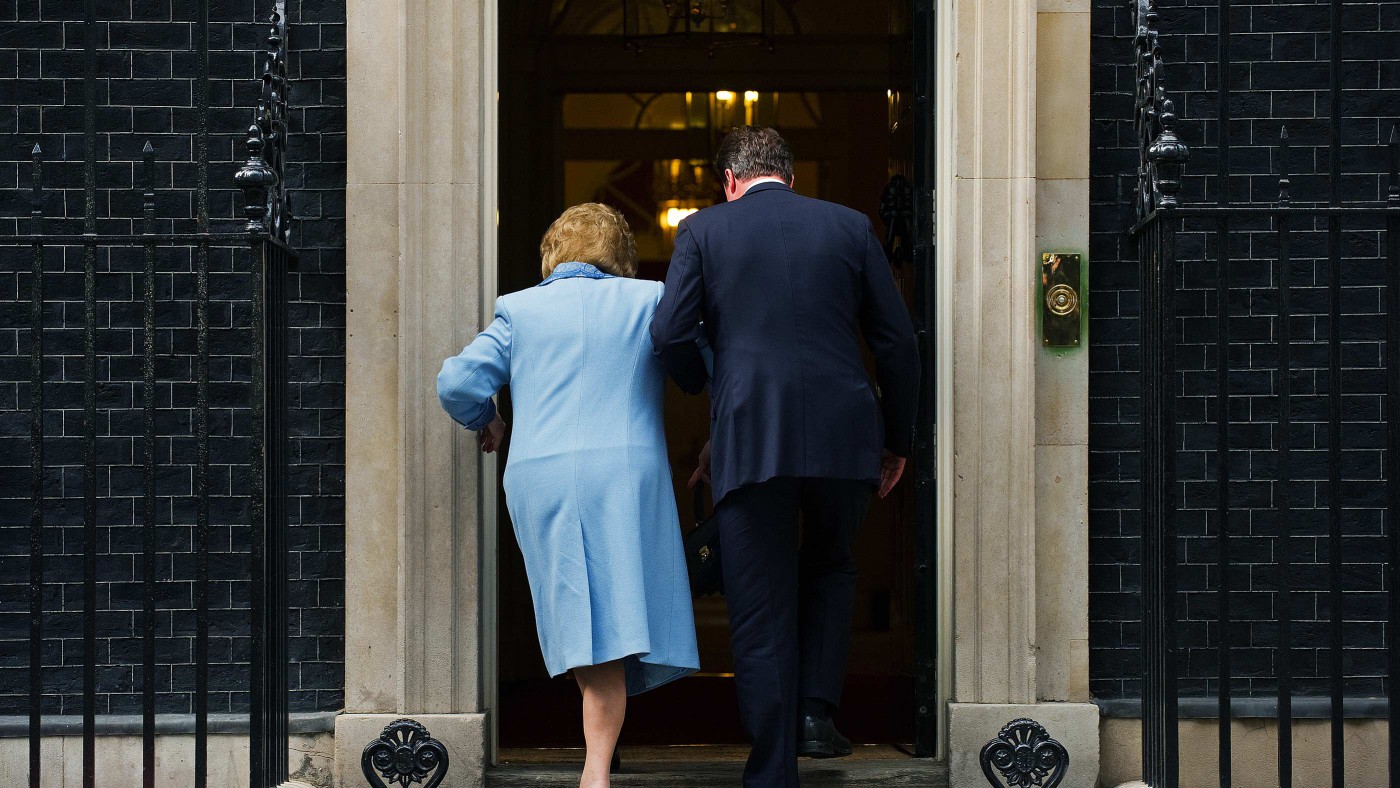The 1981 air traffic controllers dispute marked the beginning of a counter-revolution against union power in the United States. Twenty two times in the post-war years various American unions had violated no-strike agreements. These violations had gone unpunished by repeatedly meek politicians, until in 1981 the Professional Air Traffic Controllers Organisation (PATCO) launched the 23rd such violation. Knowing that their work was essential to their nation’s transportation system – and initiating their action at the peak of the summer holidays season – they gambled that their demands would be reluctantly accepted and they were big demands. PATCO’s president insisted upon a 50% pay rise for his lowest-paid members. He asked that the working week be cut from 40 to 32 hours. He demanded full pension rights for workers after just twenty years of service. He wasn’t joking.
The union reckoned that the $30 billion airline industry would swallow the $681 million price tag for its demands but they hadn’t reckoned on the new president Ronald Reagan. Reagan – who, while an actor, had led the first ever strike of the Screen Actors Guild and was not therefore an ideological opponent of unions – saw PATCO’s demands as wholly unreasonable.
He also saw it as a gigantic test of his credibility as a reforming president. He ordered strikers to return to work within 48 hours. If they didn’t, he warned, they would be sacked and face a lifetime ban. PATCO looked into Reagan’s eyes and thought, like many big talking politicians before him, he didn’t mean it. They were wrong. He carried out his threat. 11,000 PATCO members were fired. More significantly every employer in America suddenly had new courage to tackle extremism from the shop floor – and they were able to do so in the confidence that their country had a president who would stand with them.
Across the Atlantic another centre right leader was making equally audacious moves. The world was at the start of an era that would define modern conservatism.
Margaret Thatcher and Ronald Reagan weren’t just opponents of union power and communism, however. They weren’t just disciples of Friedman and the more nuanced Hayek. Critically, they also restored faith in the power of politics.
At the end of the 1970s both the British and American people wondered whether their systems of government were finished. For Americans it had been the decade of Richard Nixon’s impeachment and Jimmy Carter’s malaise. In Britain it had been the era of Edward Heath’s aborted reforms and James Callaghan’s crisis-struck government. It wasn’t just that Thatcher and Reagan took government in a different direction, they proved that strong, determined government was possible after all.
All over the world conservatives are on the look out for a new Thatcher and Reagan. Many are disappointed that none seems to have emerged. The principal conservative leaders currently holding office – Tony Abbott in Australia, David Cameron in Britain, Stephen Harper in Canada, John Key in New Zealand and Angela Merkel in Germany – don’t get many conservatives particularly excited. They long for a few more PATCO or the-lady-is-not-for-turning moments.
It’s worth wondering, however, if the lack of Thatcher or Reagan-style figures on the world stage is some kind of unfortunate coincidence for those desperately seeking a more red-blooded conservatism and, sooner or later, a new bold leader will emerge and inspire. Or does the rise of “Boringsville conservatism” say something else about what is possible in contemporary politics? I think it does.
When the economic crash of 2007 struck, Left-wing parties were as filled with great hopes as those on the radical Right. The Left thought it meant they would be swept to power. They thought and hoped it would unleash massive change. It didn’t. Voters were in no mood for more upheaval. They couldn’t afford any of their tax dollars, pounds or euros to be wasted and right wing parties were repeatedly elected. Voters wanted competence. Competent repair of public finances. Competent reform of welfare. Competent regulation of the financial services sector. And that’s what the likes of Cameron, Harper and Merkel have been providing. Even Boris Johnson, Mayor of London and the most charismatic conservative politician in the world today, has not wielded the axe with any force or delight.
The ideological conservatives in newspapers, think tanks and youth movements hunger for constant PATCO moments. They want regulations, bureaucracy and government spending rolled back and rolled back quickly. In large measure I join them in that desire but it’s not the way of what we might call the “BoreCons”.
“BoreCons” are as interested in reassuring voters as exciting them. Voters frightened about the future rather than pundits hungry for radicalism are their audience. David Cameron’s principal political strategist, Lynton Crosby, urges the British Tories to use the language of security as much as freedom. BoreCons look for savings, pay freezes and gentle reforms. On their way to balanced budgets they protect public services. And that goal is crucial. The “BoreCons” want balanced budgets, freer markets and reformed public services – they’re just not in devilish haste to get there.
And, a final thought, despite the bold talk Thatcher and Reagan didn’t ever really get a grip of the big state. Lyndon Johnson’s Great Society reforms were not reversed by Reagan. Most of Clement Atlee’s post-war settlement was still intact after Thatcher left office. There is some evidence that the likes of Harper in Canada and George Osborne are delivering big changes in the nature of the state. Perhaps the slower, less showy path will take us all further. I hope so and we’ll soon know.


